FREE SHIPPING $60+, SUBSCRIPTIONS or $6.95 FLAT RATE
GET 20% OFF YOUR FIRST SUBSCRIPTION ORDER
FREE SHIPPING $60+, SUBSCRIPTIONS or $6.95 FLAT RATE
GET 20% OFF YOUR FIRST SUBSCRIPTION ORDER
FREE SHIPPING $60+, SUBSCRIPTIONS or $6.95 FLAT RATE
GET 20% OFF YOUR FIRST SUBSCRIPTION ORDER
Coffee
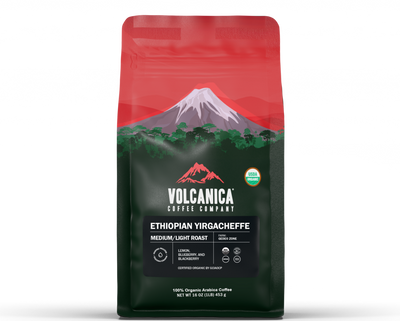
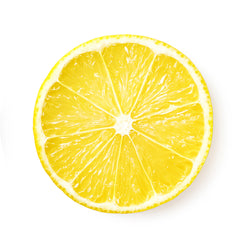 Lemon
Lemon
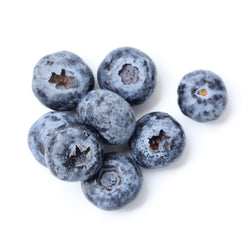 Blueberry
Blueberry
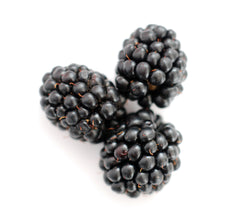 Blackberry
Blackberry
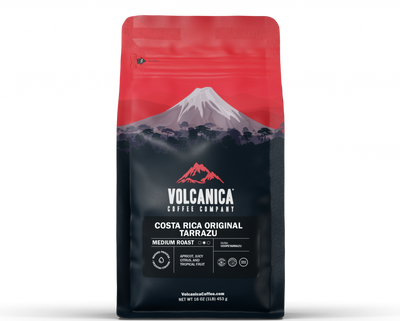
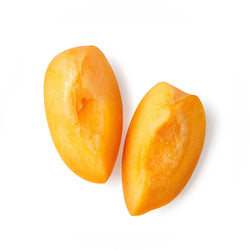 Apricot
Apricot
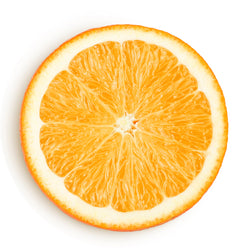 Citrus
Citrus
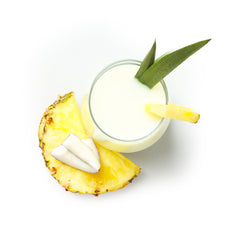 Tropical
Tropical
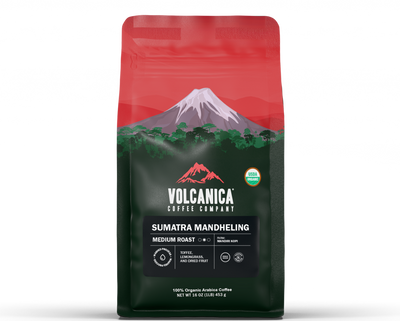
 Toffee
Toffee
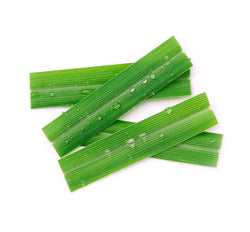 Lemongrass
Lemongrass
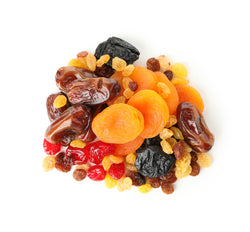 Dried Fruits
Dried Fruits
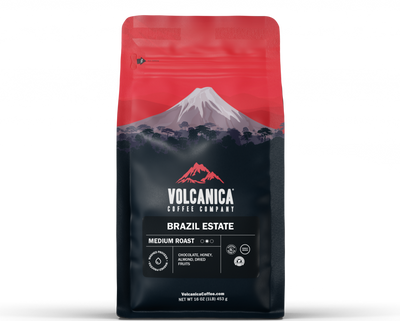
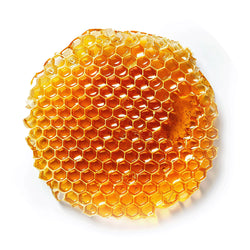 Honey
Honey
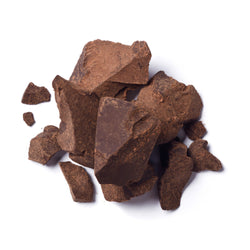 Chocolate
Chocolate
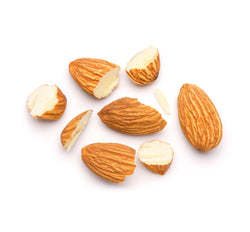 Almond
Almond
 Dried Fruits
Dried Fruits
Top Selling Products

Ethiopian Yirgacheffe Coffee - USDA Organic
Lemon
Blueberry
Blackberry
Roast
$
22
99
Ethiopian Yirgacheffe Coffee - USDA Organic
 Lemon
Lemon
Roast
$
22
99
Ethiopian Yirgacheffe Coffee is a unique USDA organic coffee with a complex origin and truly exotic flavor with pleasant acidity. Yirgacheffe is a coffee region in southern Ethiopia that produces distinctively floral and fruit-toned coffees from traditional varieties of Arabica long grown in the region from wild coffee trees.
 Blueberry
Blueberry
 Blackberry
Blackberry

Costa Rica Coffee, Original, Tarrazu
Apricot
Citrus
Tropical
Roast
$
19
99
Costa Rica Coffee, Original, Tarrazu
 Apricot
Apricot
Roast
$
19
99
Costa Rica Coffee is grown at high altitudes on volcanic soil, where the cherries ripen more slowly, which gives it a rich and hearty flavor. This single-origin Tarrazu Estate Costa Rica Coffee, known as one of the finest in the world, is master roasted to medium color to preserve the naturally full, elegant, and rich flavors.
 Citrus
Citrus
 Tropical
Tropical

Sumatra Mandheling Coffee, USDA Organic
Toffee
Lemongrass
Dried Fruits
Roast
$
21
99
Sumatra Mandheling Coffee, USDA Organic
 Toffee
Toffee
Roast
$
21
99
Sumatra Mandheling Coffee is a rare Indonesian coffee that is delightfully smooth with a rich, heavy body, low acidity, exotic flavor with an intense syrupy aftertaste, and earthy richness. Rated a low acid coffee due to the lower acidity.
 Lemongrass
Lemongrass
 Dried Fruits
Dried Fruits

Brazil Coffee
Honey
Chocolate
Almond
Dried Fruits
Roast
$
24
99
Brazil Coffee
 Honey
Honey
Roast
$
24
99
Brazil Coffee is an estate coffee from the Minas Gerais region. It has an amazing taste with hints of sweetness, chocolate notes, balanced acidity, and a pleasantly clean taste.
 Chocolate
Chocolate
 Almond
Almond
 Dried Fruits
Dried Fruits
Coffee

 Lemon
Lemon
 Blueberry
Blueberry
 Blackberry
Blackberry

 Apricot
Apricot
 Citrus
Citrus
 Tropical
Tropical

 Toffee
Toffee
 Lemongrass
Lemongrass
 Dried Fruits
Dried Fruits

 Honey
Honey
 Chocolate
Chocolate
 Almond
Almond
 Dried Fruits
Dried Fruits
Top Selling Products

Ethiopian Yirgacheffe Coffee - USDA Organic
Lemon
Blueberry
Blackberry
Roast
$
22
99
Ethiopian Yirgacheffe Coffee - USDA Organic
 Lemon
Lemon
Roast
$
22
99
Ethiopian Yirgacheffe Coffee is a unique USDA organic coffee with a complex origin and truly exotic flavor with pleasant acidity. Yirgacheffe is a coffee region in southern Ethiopia that produces distinctively floral and fruit-toned coffees from traditional varieties of Arabica long grown in the region from wild coffee trees.
 Blueberry
Blueberry
 Blackberry
Blackberry

Costa Rica Coffee, Original, Tarrazu
Apricot
Citrus
Tropical
Roast
$
19
99
Costa Rica Coffee, Original, Tarrazu
 Apricot
Apricot
Roast
$
19
99
Costa Rica Coffee is grown at high altitudes on volcanic soil, where the cherries ripen more slowly, which gives it a rich and hearty flavor. This single-origin Tarrazu Estate Costa Rica Coffee, known as one of the finest in the world, is master roasted to medium color to preserve the naturally full, elegant, and rich flavors.
 Citrus
Citrus
 Tropical
Tropical

Sumatra Mandheling Coffee, USDA Organic
Toffee
Lemongrass
Dried Fruits
Roast
$
21
99
Sumatra Mandheling Coffee, USDA Organic
 Toffee
Toffee
Roast
$
21
99
Sumatra Mandheling Coffee is a rare Indonesian coffee that is delightfully smooth with a rich, heavy body, low acidity, exotic flavor with an intense syrupy aftertaste, and earthy richness. Rated a low acid coffee due to the lower acidity.
 Lemongrass
Lemongrass
 Dried Fruits
Dried Fruits

Brazil Coffee
Honey
Chocolate
Almond
Dried Fruits
Roast
$
24
99
Brazil Coffee
 Honey
Honey
Roast
$
24
99
Brazil Coffee is an estate coffee from the Minas Gerais region. It has an amazing taste with hints of sweetness, chocolate notes, balanced acidity, and a pleasantly clean taste.
 Chocolate
Chocolate
 Almond
Almond
 Dried Fruits
Dried Fruits










